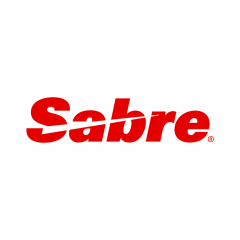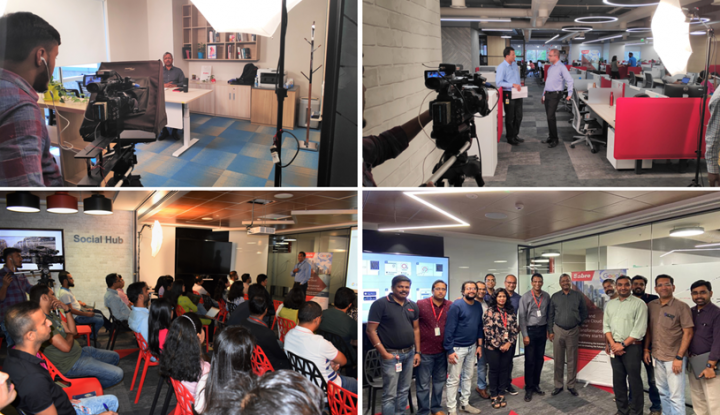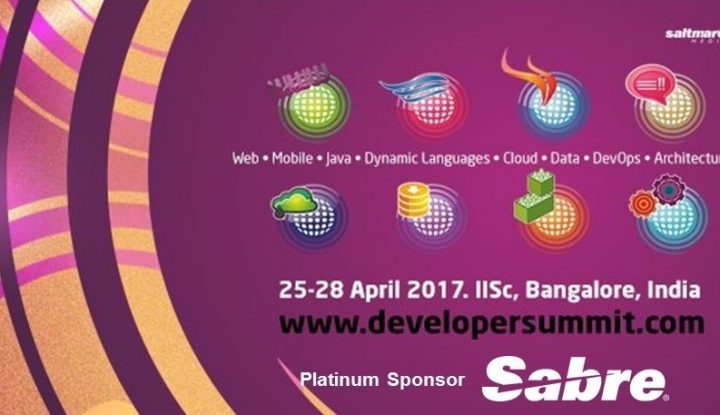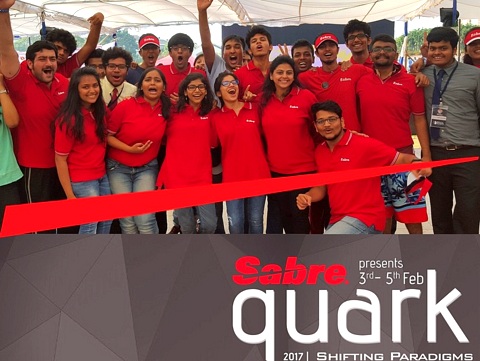- Make our services better for our direct customers – hoteliers. Give them a complete picture of the property, what they can monetize better, what are additional opportunities, competition and so on
- Make our products very intuitive and enjoyable to our customers’ customers – i.e, the hotel guests. Context driven suggestions by learning from the customer actions, market trends, past inferences and so on
- Offer a highly scalable and reliable platform. Using historic and contextual data we can predict the occupancy and help hoteliers to be prepared
- Optimize the business process for our customers. Simplify the overall property management and let them focus on what they do best
- Improve our technologies, ensure we give up-to-date financial information to our customers
- Offer insights that our customers can use
- Enable our support teams to help and solve our customers’ issues.
Article
A day in the life of a techie who is aimed to bring next gen innovation in hospitality
Hospitality is a domain that’s always looking for the next innovation. As the industry expands, consolidates and newer concepts of hospitality are defined, the technology is always at the forefront of it. Fresh ideas and mechanisms for monetization, customer experience, booking, distribution, social networking, customer feedback and the overall flow are continuously being experimented with and productized.
A key area of hospitality is where all the fulfilment happens – the hotel property itself. No matter how good your booking experience is or how your pricing policy is, the ultimate touch point with customers is the property itself – the very room they stay, the location, the ambience, the cleanliness, the food, spa, convenience and so on. Therefore, the Property Management System (PMS) plays a very critical role in making sure each property owner delivers the best possible experience to the guests and at the same time making sure that the property owner gets best out of the property.
PMS is a very exciting space. There’s a lot of innovation happening here and a lot of possibilities. Switching to this domain was no-brainer for me, after working for many leading technology companies in the industry for over 23 years, across the globe. It’s very rewarding to think about the impact that we can have in making every hotel stay out there, a memorable one.
Data is the king
As part of my role as Senior Director of Engineering, I lead two PMS product lines. In my group, we rely quite heavily on data – be it understanding and troubleshooting of the applications, understanding employee motivation, deciding winners of various Code-A-thons or while doing an annual performance review.
We’re privileged to a lot of data – customer data, property data, transactions, sales, bookings, accounting, cash flow, revenue and so on. We constantly use this data to contribute back to where it came from – improve the experience of guests and hoteliers. Integrity, Security and Privacy are integral part of this process. Some of the areas this data helps us are:




